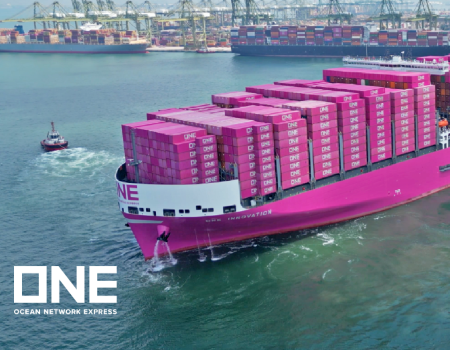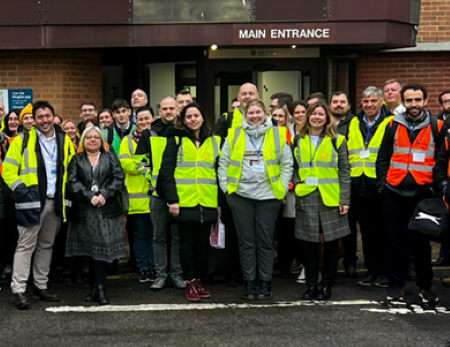Successful management of the supply chain relies on excellent time management and to achieve this effective communication is key. However, when operating internationally, where teams originate from different cultures, a host of issues become apparent and good communication is often one of the main challenges.
Partly, this can be due to language, but less obviously, misinterpretation of instructions or general misunderstandings can be more deeply rooted and influenced heavily by different cultural perspectives. Successful communication across cultures is therefore, less about spending many hours perfecting your language skills, and rather achieving a balanced approach to picking up key words, phrases and understanding the impact of their meaning within a relevant cultural context, as this can and does make all the difference.
Take something as simple as shipping a single component on time. A manager used to working in a British business cultural environment might say: ‘please can you try and get that item to me by Tuesday’. A co-worker from say Asian, the Middle East or Southern Europe may understand that to mean: ‘If I have time I could try and sent that component by Tuesday but there is no need to prioritise this.’ When the item doesn’t arrive, the manager is frustrated and the co-worker is confused about why the manager is annoyed.
To attempt to bridge such differences, firstly we need to recognise that our own ingrained cultural values and beliefs are ‘invisible’ to us and that our own cultural preconceptions are very different to those of other cultures. Secondly, gaining an understanding that the importance of relationships, in many parts of the world, far outweighs the emphasis a Briton would typically place on timescales and project deadlines, can be helpful. A good relationship and a high level of trust means when the pressure is on, team members will pull the stops out for one-and-other to keep the project on track when it really counts.
The ideal way to build such trust is through face-to-face meetings and informal interaction. This is important in British, American and Northern European cultures but critical in Middle Eastern, Asian, South European and South American cultures. This approach reduces suspicion, encourages openness and results in a better working relationship from the outset.
In addition, a recognition of language differences is important. Common phrases and words that we have grown up with may have a completely different meaning in another culture.
Defining the meaning of key words and phrases so that they are generally understood can help. This will result in commands and requests for information being more effective. A glossary of terms is one quick way of achieving this. In addition, laying down practical do’s and don’ts at the beginning of a project is helpful. It requires the UK manager to look at his or her supply chain team objectively and consider what the real code of conduct should be compared with the reality.
Successful supply chain management depends upon a manager’s sensitivity to diversity and the assistance provided to different nationalities to tackle their preconceptions and the gaps in knowledge and habits.
Farnham Castle is a world leader in Intercultural Business Skills training and Global Mobility Programmes and can help with more detailed briefings on individual cultures.
For further information visit www.farnhamcastle.com







